Jihadi groups propagate an anti-Shia narrative to mobilize Indonesian militants to fight in Syria.
A hate speech regulation is desperately needed in Indonesia to contain the damaging effects of jihadi propaganda, as this narrative is increasingly used to mobilize Indonesian Muslims against the Assad regime in Syria. The anti-Shia jihadi propaganda has provoked attacks on Shias in Indonesia and could worsen sectarian tensions if not contained.
Fifty Indonesian fighters are said to have joined jihadi opposition forces in Syria following the anti-Shia propaganda by local jihadi groups, which has played an important role in mobilizing support against Bashar al-Assad.
Anti-Shia Propaganda as Mobilizing Tool
Framing the war in Syria as a sectarian conflict — Muslims vs. non-Muslims — that justifies “jihad” has not come naturally in the Indonesian context. For one, many mainstream Indonesian Muslims still consider Shias as part of Islam. To many of them, fighting the Alawi regime of Assad is like fighting fellow Muslims. (Alawi is an offshoot of Shia Islam.)
Some elements within local jihadi groups argue that the nature of the Syrian conflict is merely political — a civil war rather than a sectarian strife — and thus does not legitimize jihad. They maintain that defending Muslims in Myanmar and Palestine is more important because the sectarian nature of the conflicts is more clear-cut.
To convince the majority Sunni Muslims of the legitimacy of jihad in Syria, jihadi groups propagate the anti-Shia narrative that frames the conflict as a sectarian one. Anti-Shia hate speech and propaganda have been vital for successful mobilization of Indonesian fighters to go to Syria.
Indeed, in the last couple of years, various jihadi media have been flooded with anti-Shia propaganda and hate speech. Articles on the infidelity and cruelty of Shias appear daily on various jihadi websites. In those articles and other publications, the anti-Shia and anti-Assad narratives are usually posted side by side. Images of Sunni Muslim victims of the Syrian conflict are used to reinforce the murderous image of Shias, which all in all, represent a powerful propaganda to mobilize fighters to go to Syria.
The anti-Shia narrative has two core elements. Firstly, it gives theological justification for the war by portraying Shia Islam as a deviant belief, which not only taints the purity of Islam but also is hostile to it. Secondly, it frames the Syrian conflict within a broader sectarian war between Shias and Sunnis. The narrative goes that throughout the history of Islam, the Shias have always tried to subvert the Sunni caliphate.
It also posits that the Syrian conflict is not just a civil war, but rather part of the struggle of international Shia forces — the Assad regime, Iran and Hezbollah — to annihilate the Sunni population and establish a Shia state in the Levant and the Gulf.
One of the most vocal radical clerics who has incited hatred against Shias, Abu Bakar Ba’asyir, dubs the Alawi regime in Syria as “worse than infidels and Jews.” This narrative that demonizes Shias is used as a justification for armed jihad in Syria which, according to Ba’asyir, is currently more urgent than pilgrimage to Mecca.
Another active propagator of the narrative is Hilal Ahmar Society Indonesia (HASI), the humanitarian wing of Jemaah Islamiyah. HASI actively holds public discussions and book launches about Shias and Syria to raise funds for the Syrian cause. Given its humanitarian posture, HASI has been able to target mainstream Muslim groups, including the youth organization of Muhammadiyah. By selling anti-Shia and anti-Assad narratives, HASI has managed to collect a considerable amount of donations that have been used to help Syrian civilians buy support for the jihadi opposition in Syria.
Incitement to Violence Against Shias in Indonesia
While there has been subdued Sunni-Shia tension in Indonesia, the Syrian conflict has made it worse. Violent attacks and harassment against Shias in Indonesia have increased in the past few years. The Abu Umar terrorist cell planned to target Shia figures and institutions in 2011, which failed to materialize.
In 2012, 1,000 Sunni villagers attacked a Shia community in Sampang, Madura Island and in 2013, a Sunni mob attacked a Shia boarding school in Jember, East Java. While not many were killed, several were hurt or displaced.
Despite rising Sunni-Shia tension, anti-Shia hate speech is still allowed to continue. What started out as encouragement to fight pro-Assad forces in Syria has developed into incitement of violence against the local Shia community. Much of the propaganda warns the Sunni majority of what extremists call the unprecedented growth and aggressiveness of Shias in Indonesia.
Most recently, an incitement to attack a Shia religious celebration in Jakarta was spread by the above-ground Majelis Mujahidin Indonesia through jihadi online and social media. It successfully mobilized 200 people to protest, who forcefully halted the event until police quickly intervened.
Need for Hate Speech Law
Most local observers agree that anti-Shia propaganda and hate speech have been largely responsible for both mobilizing Indonesian jihadists to go to Syria and for the alarming growth of Sunni-Shia tension in the country.
Unfortunately, Indonesia does not have any regulation that criminalizes religious hate speech and incitement to violence. There was a proposal to include hate speech in existing counterterrorism law, but it is yet to be accepted. Human rights groups are now counting on the religious harmony bill to address hate speech.
A future hate speech regulation should set a clear and carefully crafted definition of hate speech, so as not to harm freedom of speech. With regard to hate speech online, the law should avoid imposing excessive measures. Banning extremist websites and social media accounts is not only ineffective but also counterproductive as repression could only lead to more radicalization.
Instigators of anti-Shia hate speech should not go unpunished as they are breeding the seeds of sectarian tension. This, combined with the strengthening of jihadi forces following the return of Syrian veterans, might fuel a larger sectarian conflict in years to come.
*[This article was originally published by RSIS.]
The views expressed in this article are the author’s own and do not necessarily reflect Fair Observer’s editorial policy.
Image: Copyright © Shutterstock. All Rights Reserved
Support Fair Observer
We rely on your support for our independence, diversity and quality.
For more than 10 years, Fair Observer has been free, fair and independent. No billionaire owns us, no advertisers control us. We are a reader-supported nonprofit. Unlike many other publications, we keep our content free for readers regardless of where they live or whether they can afford to pay. We have no paywalls and no ads.
In the post-truth era of fake news, echo chambers and filter bubbles, we publish a plurality of perspectives from around the world. Anyone can publish with us, but everyone goes through a rigorous editorial process. So, you get fact-checked, well-reasoned content instead of noise.
We publish 2,500+ voices from 90+ countries. We also conduct education and training programs
on subjects ranging from digital media and journalism to writing and critical thinking. This
doesn’t come cheap. Servers, editors, trainers and web developers cost
money.
Please consider supporting us on a regular basis as a recurring donor or a
sustaining member.
Will you support FO’s journalism?
We rely on your support for our independence, diversity and quality.



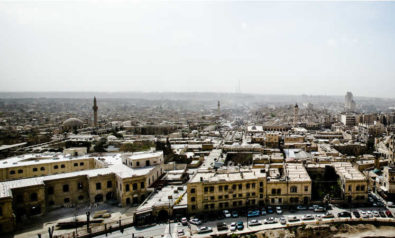


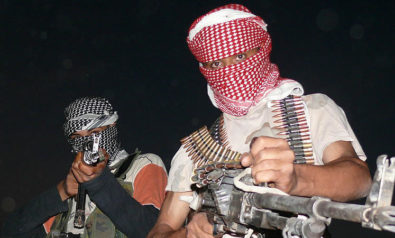
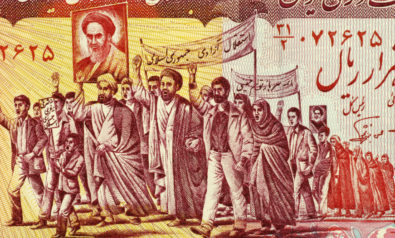

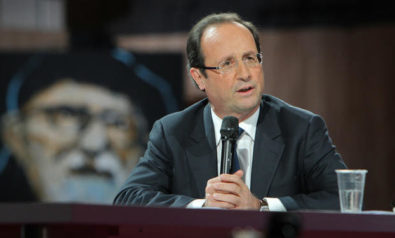



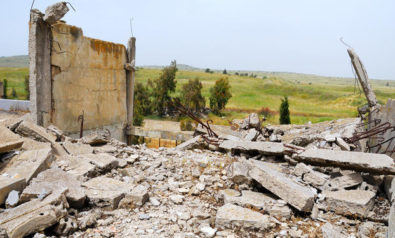
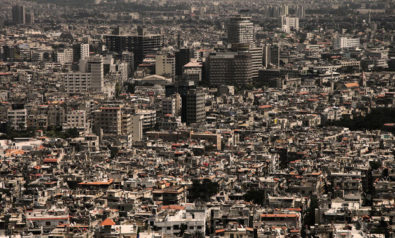


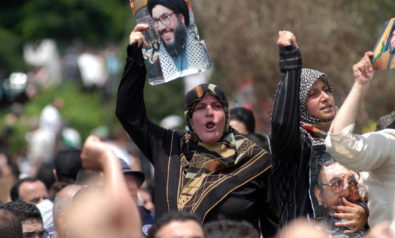
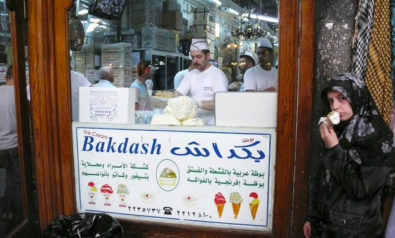


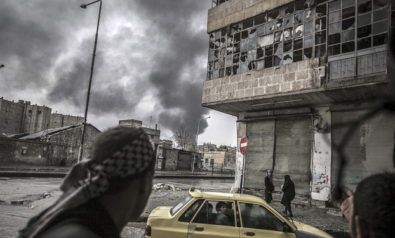
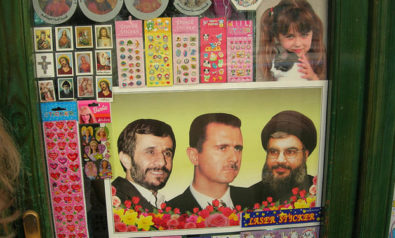
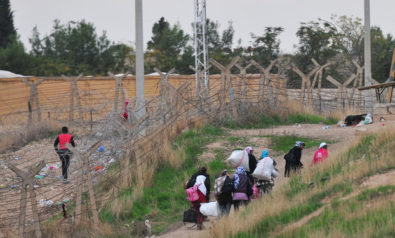
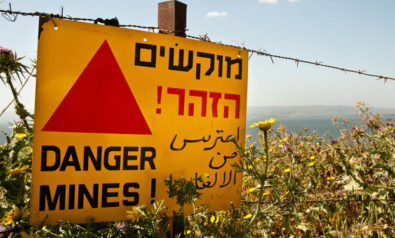
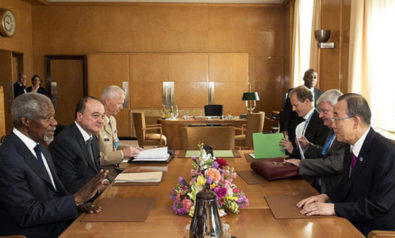

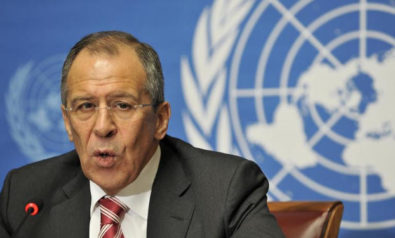

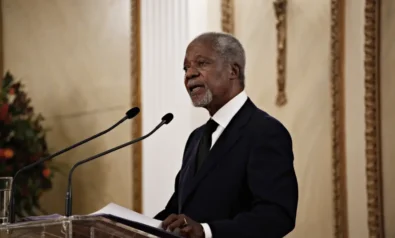

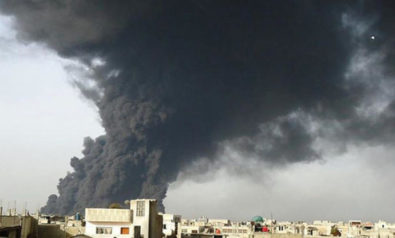

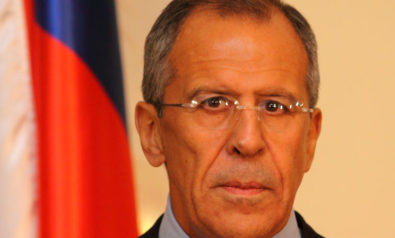
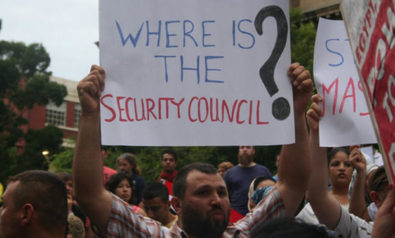

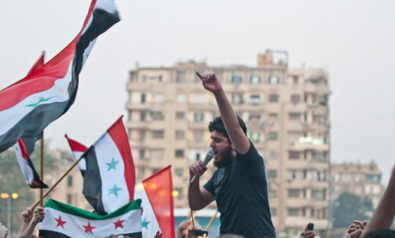
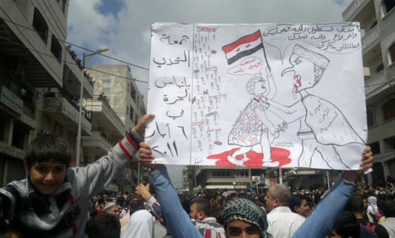
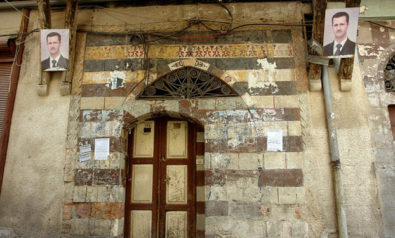

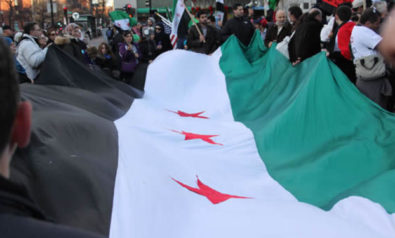

Comment